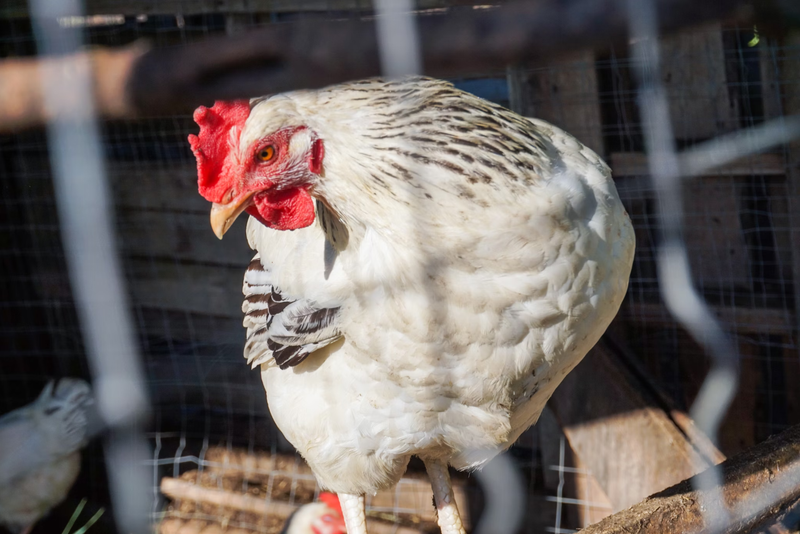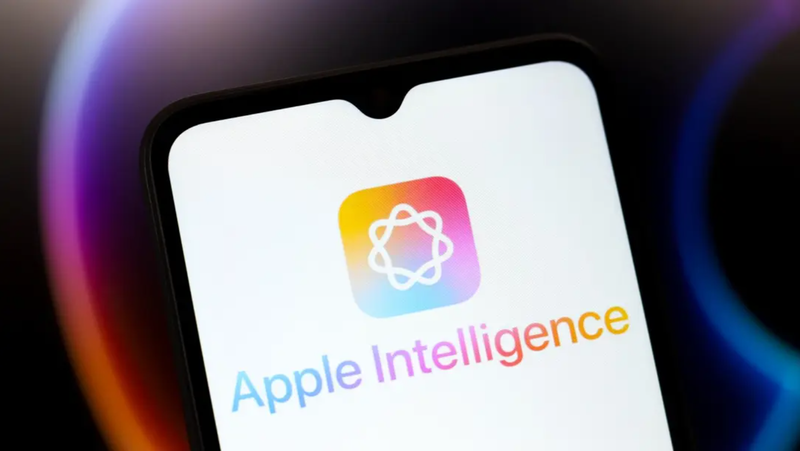Amnesty: Meta Owes Rohingya Reparations
Amnesty International released a report on Wednesday accusing Facebook’s parent company Meta of fueling violence against the Rohingya Muslim minority in Myanmar, and said that it owes the Rohingya reparations....
/cloudfront-us-east-2.images.arcpublishing.com/reuters/OWMFMILKGVK5FCY2NEZ6Y4HYZU.jpg)
Facts
- Amnesty International released a report on Wednesday accusing Facebook’s parent company Meta of fueling violence against the Rohingya Muslim minority in Myanmar, and said that it owes the Rohingya reparations.1
- The report argues that Facebook’s algorithms “proactively amplified” anti-Rohingya content and that Meta disregarded civilians’ and activists’ pleas to curtail hate speech on the social media platform and profited from increased engagement.2
- Amnesty suggested that the Tatmadaw, Myanmar’s armed forces, utilized Facebook to disseminate propaganda to target the Rohingya and garner public support for a military campaign that began in 2017.2
- The report also claimed that activists in Myanmar raised concerns with Meta as early as 2012 - about five years before the country’s military launched a campaign in the Rakhine state. The operation displaced over 700K Rohingya to Bangladesh.1
- Meta asserted that it “stands in solidarity with the international community and supports efforts to hold the Tatmadaw accountable for its crimes against the Rohingya people.”3
- This comes as Myanmar’s military leaders face charges of genocide at the International Court of Justice. In response, Facebook has provided millions of items that may potentially support allegations of war crimes and genocide.4
Sources: 1Al Jazeera, 2Time, 3Register-herald and 4Reuters.
Narratives
- Establishment-critical narrative, as provided by Amnesty international uk. Facebook helped fuel a genocide against Myanmar's Rohingya people and must be held accountable for putting profits over lives. The social media platform became an echo chamber for bigotry and hate that led to the death of thousands and the ethnic cleansing of hundreds of thousands more. The only way Meta can help alleviate the situation is by providing reparations to those who lost everything due to its complicity in genocide.
- Pro-establishment narrative, as provided by Reuters. The report confers egregiously false motives to Facebook. The company openly denounced the crimes committed against the Rohingya people and made a concerted effort to curb hate speech, including by banning all entities linked to the Tatmadaw from advertising on the platform, taking down over 100 accounts linked to military-controlled businesses, and building a dedicated team of Burmese speakers to identify and remove hate speech.
- Narrative C, as provided by Myanmarseo. International stakeholders - including social media companies - should stop meddling in Myanmar's affairs for their political purposes. For example, the Arakan Rohingya Salvation Army carried out terrorist attacks in Rakhine, killing innocent civilians and law enforcement, and forcing locals to flee to Bangladesh. The government had to take action to restore peace and stability in the region and did so by existing rules and regulations.






